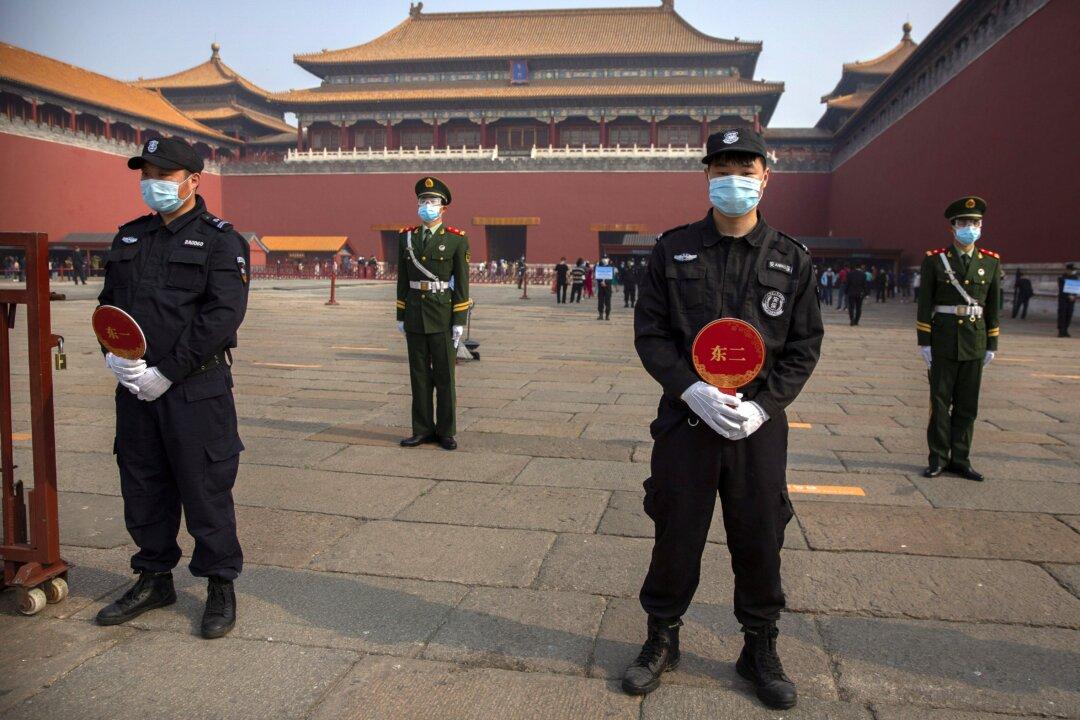Commentary
In the “Wizard of Oz,” Dorothy and her companions are warned to “pay no attention to the man behind the curtain” because to do so would have exposed Oz himself as a fraud.

In the “Wizard of Oz,” Dorothy and her companions are warned to “pay no attention to the man behind the curtain” because to do so would have exposed Oz himself as a fraud.